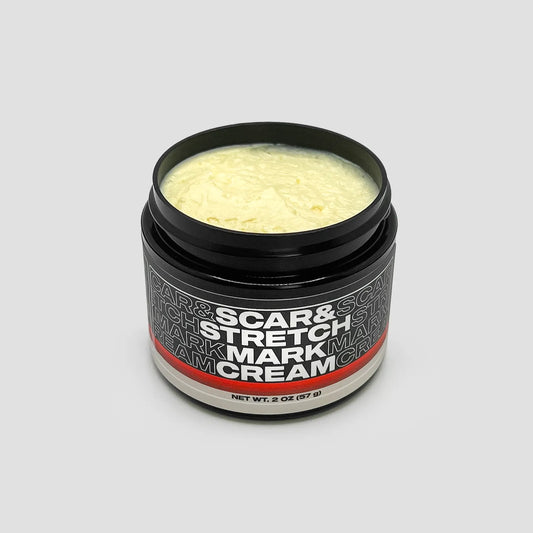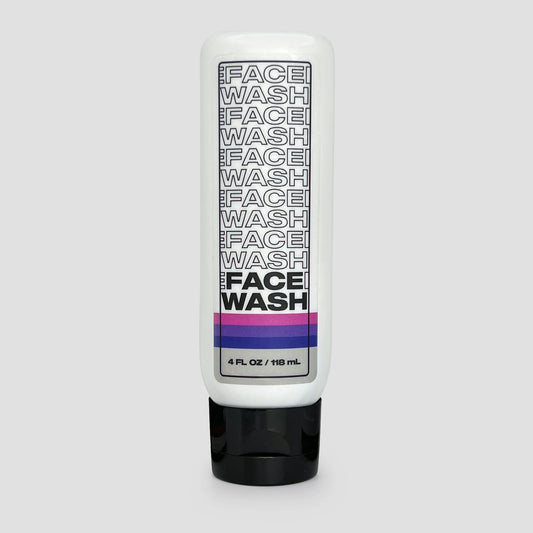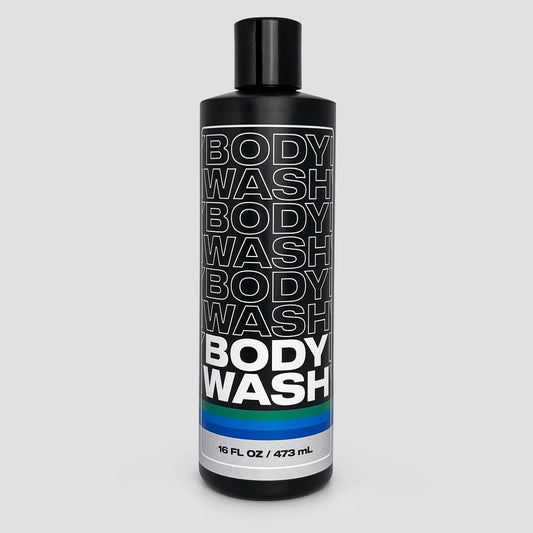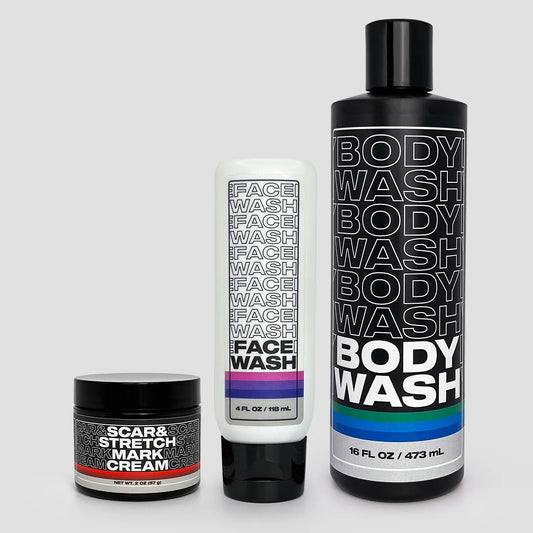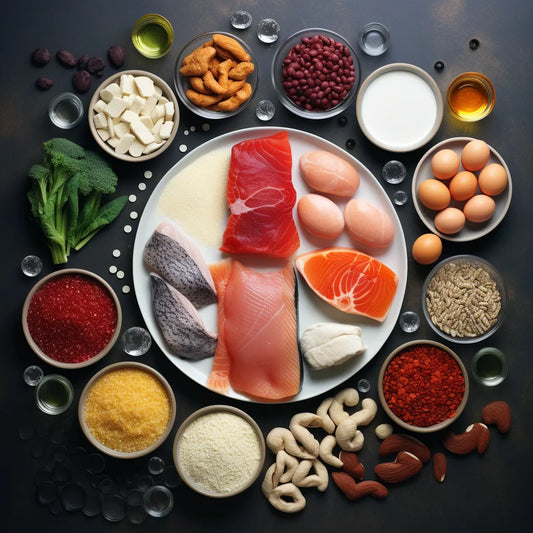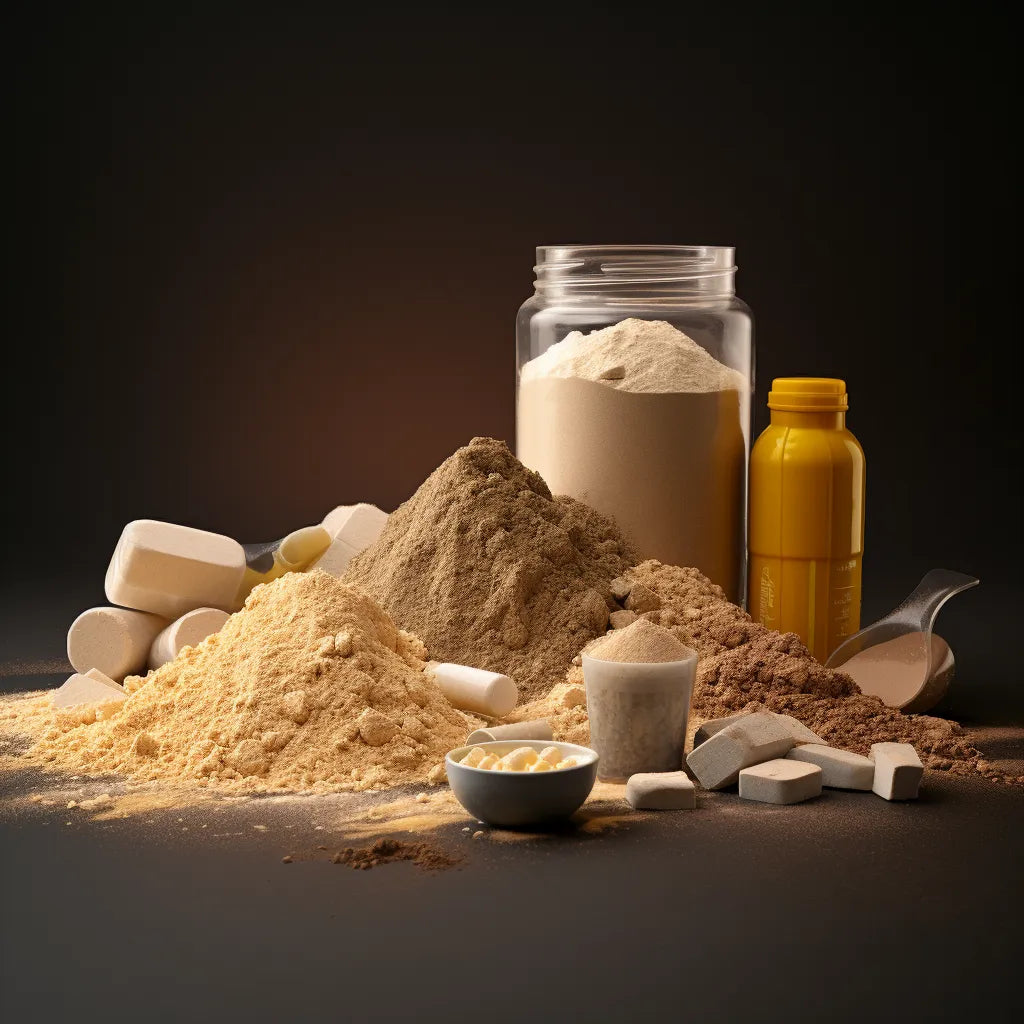

Here's a face-off we've all been waiting for: Plant Protein vs. Pea Protein. The stage is set, the match is about to begin, and we're here to choose the undisputed heavyweight champion.
Why should we care about this showdown? Well, as men committed to fitness and health, knowing what fuels us is just as crucial as hitting the gym. When it comes to proteins to supplement our workout routine or maintain a healthy lifestyle, we have a ton of options. Besides, for those dealing with certain food intolerances and dietary restrictions, the choice of protein source can drastically impact comfort and ease in achieving fitness goals.
Today, we dive deep into the nitty-gritty of these two popular forms of proteins: Plant Protein and Pea Protein. We aim to give you the low-down on each, assisting you in making the best decision for your health and workout regimen.
Are you ready to power up your protein knowledge? Let’s dive in!
What actually are Plant Proteins?
Plant proteins are derived from different types of plant sources such as grains, nuts, seeds, and legumes. They generally have a lower concentration of essential amino acids compared to animal proteins, but by combining different plant protein sources, you can get all your essential amino acids.
And what about Pea Proteins?
As the name suggests, Pea Protein is derived from peas, specifically yellow peas. This is becoming increasingly popular due to its rich protein profile and easy digestibility. Bonus point: since it's vegetarian and gluten-free, it's a great protein source for almost everyone.
How to Choose Between Plant and Pea Protein
Whether you're a fitness enthusiast, a protein supplement newcomer, or someone in between, the key to choosing the right protein lies in understanding your dietary needs and fitness goals. Let's break it down in a few easy steps.
1. Analyze Your Dietary Needs
Firstly, you need to understand your dietary restrictions. If you have a sensitivity to certain plant proteins, like soy, then pea protein may be a better option for you. It's also a good choice for those with food allergies as it's hypoallergenic.
2. Look at the Protein Content
Pea protein often has a higher protein content than other plant proteins. If your main goal is high protein intake for muscle growth or repair, pea protein may be your MVP.
3. Consider Digestibility
Pea protein can be more easily digested and absorbed than some other plant proteins. However, everyone's body is different, so consider how your body reacts to different protein sources before settling on one.
4. Taste and Texture
Some plant proteins can have a gritty texture and a strong flavor, whereas pea protein is known for its smooth texture and mild taste. If this matters to you, keep it in mind.
Is Pea Protein considered a Plant Protein?
Indeed, Pea Protein is a type of plant protein. When people refer to plant proteins, they're usually talking about a mix of proteins from various plant sources like brown rice, hemp, and more. Pea protein, on the other hand, comes solely from peas.
Are there any common misconceptions about Plant and Pea Proteins?
Some believe that plant proteins are inferior to animal proteins. However, when combined correctly, plant proteins can offer all necessary amino acids. Another misconception is that pea protein is incomplete - it actually has an impressive amino acid profile, making it a fantastic option!
Power Up With The Right Protein: Know Your Goals, Achieve Your Goals
So who's the winner in the protein face-off? Well, that's up to you, our fearless reader, to decide. Armed with the knowledge of what makes up plant and pea proteins, you're well-suited to make choices that best fit your lifestyle and fitness regimen. Time to deliver that knockout punch to any confusion and step up your protein game, folks!
A Quick Recap on the Protein Showdown
- Plant proteins are sourced from a variety of plants and offer varied amino acid profiles.
- Pea protein is a type of plant protein with a robust amino acid profile, superior digestibility, and hypoallergenic properties.
- Choosing between plant and pea protein depends on your dietary needs, protein requirements, digestion, and preferences.
- Don’t fall for misconceptions; evidence supports both plant and pea proteins as powerful options for a fitness-driven diet.
Remember, it's not just about winning the battle in the gym, but also fueling your body with the right kind of sustenance. And the first step to that is learning and making informed decisions. You've already taken that step today. Keep pushing, keep conquering, and most of all, keep embracing the road to a healthier you!

